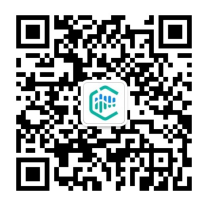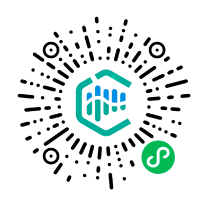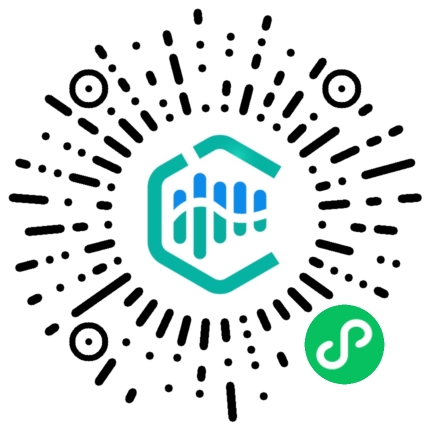

400-9696-311 转1

400-9696-311 转2

400-9696-311 转3

400-9696-311 转4





ChiCTR2000034585
正在进行
/
/
/
2020-07-11
/
/
疑似自閉症譜系障礙和發育遲緩
World Health Organization Caregiver Skills Training (WHO-CST) Programme for Hong Kong Chinese families of young children with developmental delays or Autism Spectrum Disorders– Phase Three: evaluation of the pilot implementation
World Health Organization Caregiver Skills Training (WHO-CST) Programme for Hong Kong Chinese families of young children with developmental delays or Autism Spectrum Disorders– Phase Three: evaluation of the pilot implementation
This study aimed to examine the effectiveness of the adapted WHO-CST intervention in the local settings. The specific objectives of the study are: 1) to examine the effectiveness of WHO-CST programme in Hong Kong context; 2) to examine potential factors influencing the effectiveness of WHO-CST programme in Hong Kong context
随机平行对照
其它
The research team will randomly assign participants into 12 groups, as well as condition.
/
Charities Trust
/
60
/
2020-09-01
2021-07-31
/
The caregiver-child dyads will be recruited if they fulfilled the following inclusion criteria: For caregivers, they should be; 1. At least 18 years or above; 2. the primary caregiver who is responsible for the role of parenting the child, this could be biological parent (father or mother), guardian or other adult family member (i.e., the same caregiver who will attend the WHO-CST programme if s/he agrees); 3. living together with the target child; 4. able to communicate in Cantonese; 5. able to read and write basic Chinese; 6. planned to stay in Hong Kong for at least six months for most of the time for home visits and 9 sections of face-to-face group intervention and accessible by phone; Additionally, to ensure the adherence of WHO-CST programme, these caregivers shall allow the following procedures to be carried out during the programme implementation: 1. allow three home visits by facilitators who deliver the programme (World Health Organization, 2016). These MTs would be the professionals or para-professionals from HKU, governmental bodies and/or NGOs, and 2. agree to take videos for research purposes. The video-recording will take place on three home visits and 9 sections of face-to-face group intervention. For children, they should be: 1. between 2 and 6 years old; 2. screened positive on Chinese version of the Checklist for Autism in Toddlers (C-CHAT-23) Wong et al. (2004) or 3. suspected to display symptoms or behaviours of autism spectrum disorder, such as persistent deficits in social communication and social interaction across multiple contexts and restricted, repetitive patterns of behaviours, interest, or activities; 4. suspected to display symptoms or behaviours of communication disorder, such as persistent difficulties in the acquisition and use of language across modalities and language abilities are substantially and quantifiably below those expected age; 5. the above symptoms or behaviours are the primary concerns of developmental issues the child face as reported by caregivers or clinicians (children who are suspected to co-morbid other conditions, such as intellectual disability, attention deficit hyperactivity disorder, specific learning disorder, motor disorder are also eligible if these other conditions are not primary concerns of developmental issues).;
请登录查看Caregivers will be excluded if they fulfil the following criterion: Physical or mental condition that required hospitalization or frequent outpatient visits (e.g., three visits for 6 months). Children will be excluded if they fulfil one of the following criteria; 1. Deafness or blindness in the child; 2. Co-morbid physical and mental conditions that the child is now hospitalized; 3. Co-morbid motor skill developmental delays, physical disabilities or motor disorders, including stereotypic movement disorder, tic disorder, and other.;
请登录查看Hong Kong Jockey Club Charities Trust
/


标新生物GLUETACS2025-12-12
兽药资讯2025-12-12
医麦创新药2025-12-12
求实药社2025-12-12
卫材中国2025-12-12
药时空2025-12-12
Being科学2025-12-12
康华股份2025-12-12
康臣药业2025-12-12
汉康生技2025-12-12